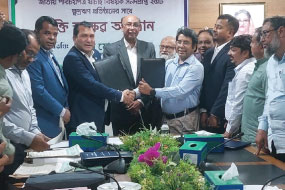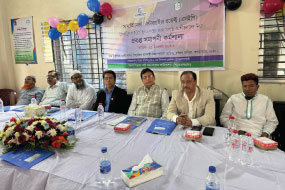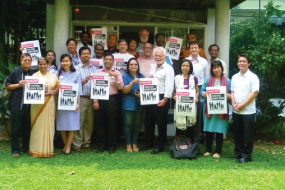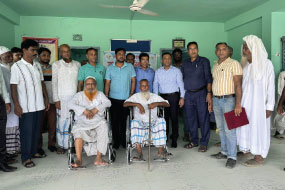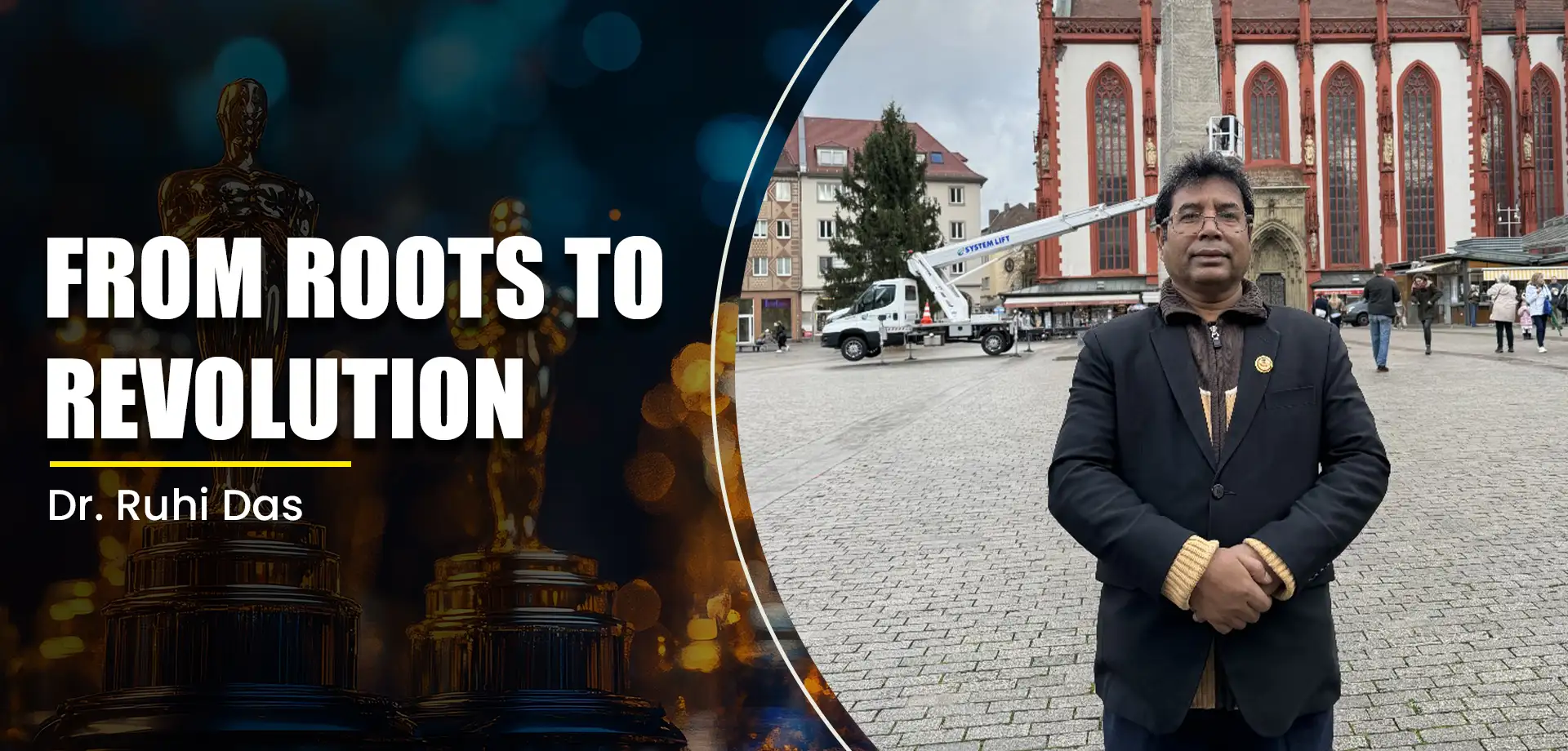
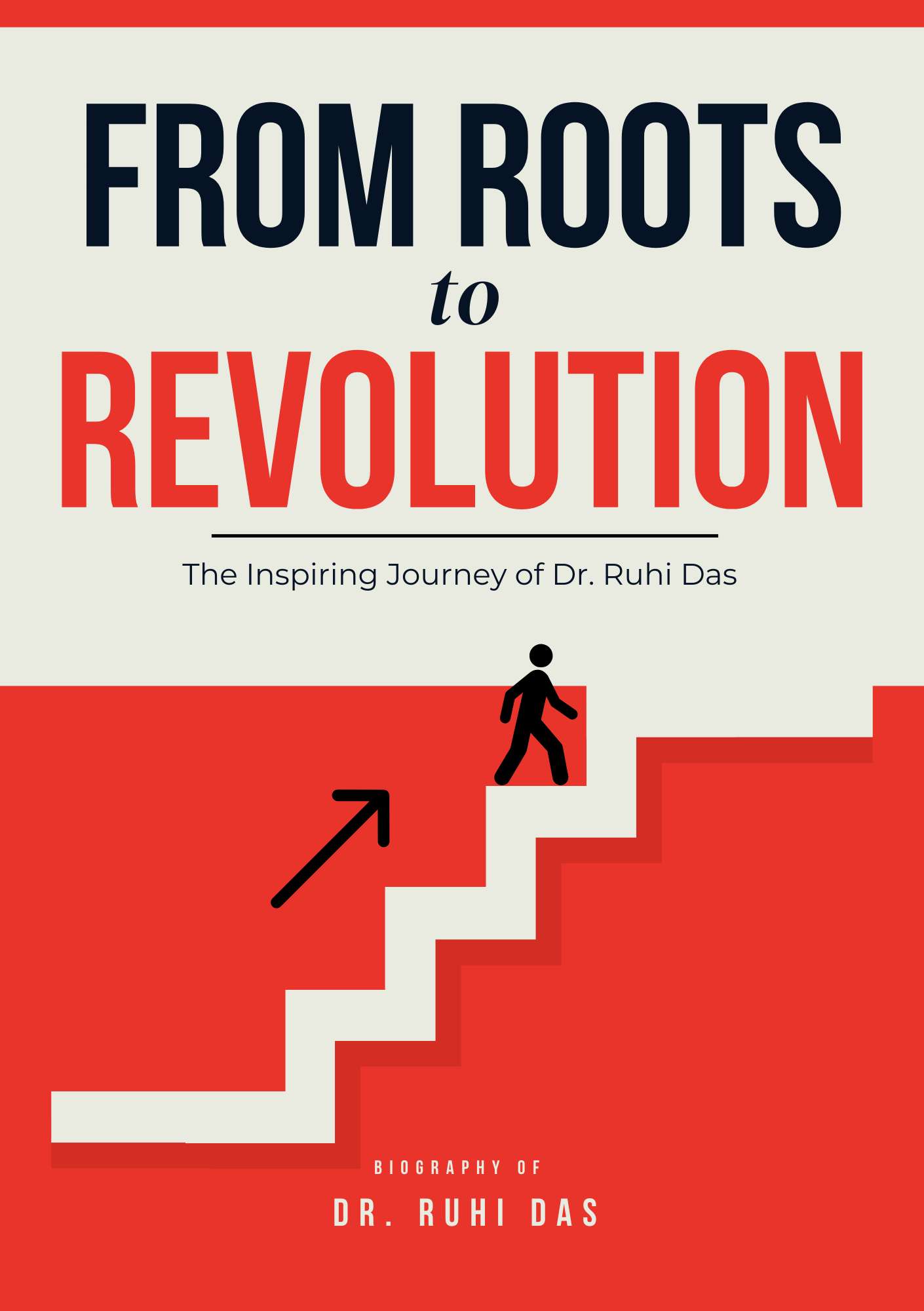
“A life dedicated to others is a life truly well-lived. True leadership is not about power, but about empowering those who have none.”
Introduction
This book is lovingly dedicated to my parents, whose unwavering values of integrity, compassion, and perseverance laid the foundation of my journey. Their sacrifices and guidance have been the guiding light that shaped my purpose and commitment to serving others.
To my family, whose love, support, and encouragement have been my greatest strength. Through every challenge and triumph, you have stood by me, reminding me of the power of faith, resilience, and unity.
To my organization BASTOB and my colleagues, your belief in me has been my greatest inspiration, and this work is a testament to the lessons you have instilled in me.
With deepest gratitude and love,
Dr. Ruhi Das
Phase 1 : The Roots of Purpose
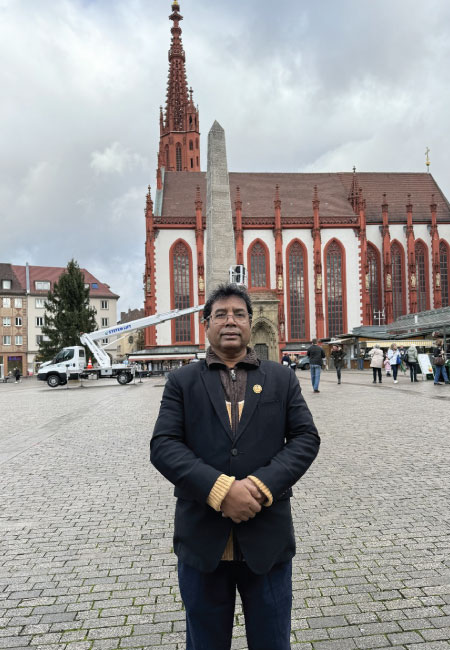
The sun rose over the quiet village of Bandura, nestled under the Nawabganj Upazila in the Dhaka District of Bangladesh. Near River Ichhamoti, the morning mist slowly lifted to reveal a community that had thrived for generations through resilience, unity, and an unyielding spirit of perseverance. It was in this simple yet profoundly rich environment that Dr. Ruhi Das was born—a child whose destiny would be interwoven with the very soil that nurtured him.
Dr. Ruhi Das came into the world in a modest household where the values of discipline, compassion, and hard work were not merely taught but lived each day. His parents were the embodiment of selflessness; his father, a dedicated Boatman, believed that education was the most powerful tool for transformation, while his mother, a homemaker, ensured that love, empathy, and care were the foundations of their home. Although they had limited material wealth, their moral wealth was abundant a treasure that would shape Dr. Ruhi’s principles for years to come.
The village of Bandura, though picturesque, faced its fair share of struggles. Access to clean water, quality education, and proper healthcare was scarce. Families toiled in the fields, their hands hardened by years of labour, their eyes filled with dreams they hoped their children could one day realize. Young Ruhi grew up watching these challenges unfold around him, his heart heavy with a desire to create change.
Even as a child, Dr. Ruhi’s sensitivity to the struggles of his people was striking. He would accompany his father to school, watching the eager yet often barefoot students cling to every word their teacher spoke. Education, he realized, was a luxury for many. The sight of children dropping out of school to support their families weighed on him, planting in his heart a deep-seated resolve to one day make a difference.
Dr. Ruhi’s hunger for learning was insatiable. Despite the financial constraints, he excelled in his studies, often walking miles to borrow books from a distant town. His parents recognized his potential and did everything within their means to support his aspirations. His father would often say, “Knowledge is the light that can break the darkness of ignorance. If you have the ability to learn, you have the responsibility to teach.” These words became Dr. Ruhi’s guiding philosophy.
In the evenings, he would gather younger children from the village and teach them basic literacy and mathematics under the shade of a banyan tree. With only a few notebooks between them, he would write in the dirt, making learning accessible to all. Though these classes were informal, they ignited a spark in many young minds. The sense of fulfilment Dr. Ruhi experienced during these sessions solidified his purpose—his life would be dedicated to service.
As Dr. Ruhi grew older, he became increasingly aware of the systemic challenges plaguing his village. Malnutrition, illiteracy, and lack of healthcare were not just isolated problems—they were interconnected, forming a cycle of poverty that seemed unbreakable. The deaths of newborns due to preventable diseases, the exploitation of farmers, and the struggles of young women denied education were no longer statistics; they were painful realities that shaped his every thought.
Returning home, Dr. Ruhi’s perspective had shifted. He now understood that true change required more than just good intentions—it required action. His journey of service was just beginning, but one thing was certain: he would dedicate his life to empowering others. His dream was no longer just about personal success; it was about uplifting an entire community, a nation, a generation.
Phase 2 : A Foundation Built on Education
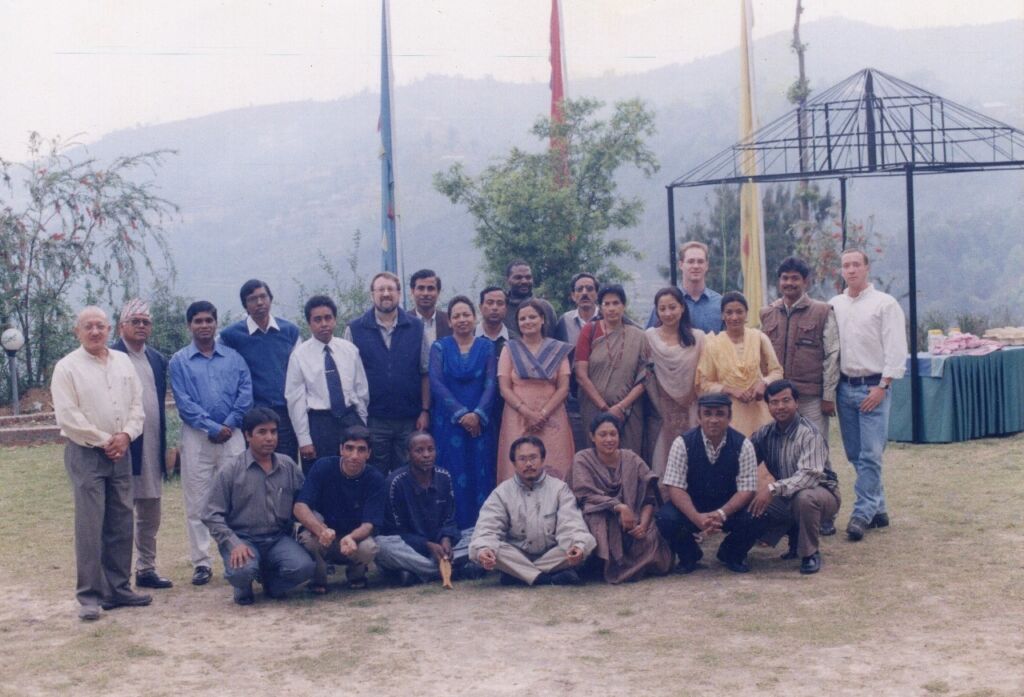
The foundation of Dr. Ruhi Das’s remarkable journey was firmly rooted in education. From a young age, he recognized that knowledge was the key to breaking the cycle of poverty and empowering individuals to transform their lives. His pursuit of learning was not just about personal success but about equipping himself with the tools necessary to create meaningful change within his community.
Dr. Ruhi’s academic journey began in the heart of his village, where he displayed an exceptional eagerness to learn. His early schooling took place at Bandura Holy Cross High School, an institution that had built a reputation for academic excellence despite limited resources. The school’s dedicated teachers nurtured his love for learning, pushing him to aim higher and dream bigger. He excelled in his studies, demonstrating not just intelligence but also a profound sense of responsibility toward his peers. Even as a student, Dr. Ruhi would often help his classmates with their lessons, believing that education should be shared and not hoarded.
Determined to deepen his understanding of commerce and leadership, Dr. Ruhi enrolled at Jagannath University College and later Dhaka College, two of the most reputable institutions in Bangladesh for higher education in business and management. It was during his undergraduate years that he discovered his passion for organizational leadership and strategic management. The coursework challenged him to think critically, analyse complex problems, and devise innovative solutions.
His interest in management extended beyond theoretical knowledge; he actively participated in student-led initiatives, organizing seminars, and workshops that addressed socioeconomic issues. He also worked on projects that connected business principles with community service, reinforcing his belief that sustainable development required strategic leadership and sound management practices
Understanding the intricate challenges faced by underprivileged communities required more than just business acumen—it demanded specialized knowledge in nonprofit leadership and development strategies. To bridge this gap, Dr. Ruhi pursued a Post Graduate Diploma in NGO Leadership and Management was jointly conducted by BRAC and School for International Training (SIT) in Vermont, USA. one of the most esteemed organizations in the field of development. This program exposed him to real-world challenges, equipping him with the skills needed to design and implement impactful projects.
While his academic credentials were impressive, Dr. Ruhi understood that real learning happened in the field. He actively sought opportunities to apply his knowledge in practical settings, working directly with grassroots communities to understand their struggles and aspirations. His education, combined with hands-on experience, became the cornerstone of his approach to development work. It was no longer just about theories and strategies; it was about understanding people, listening to their needs, and implementing solutions that were both sustainable and culturally relevant.
Phase 3 : The Spark of Change

The year 1986 marked a pivotal moment in Dr. Ruhi Das’s life. It was the year he embarked on his journey in the development sector, driven by an unrelenting passion to uplift his community and contribute to meaningful change. Dr. Ruhi began his career as a volunteer, immersing himself in the grassroots initiatives of renowned organizations such as Dipshikha, Tarango, and Sampreeti. These early experiences proved to be instrumental in shaping his perspective on community development, peace-building, and social transformation.
At the heart of Dr. Ruhi’s commitment was the belief that true development transcended mere financial aid or temporary projects; it was about creating lasting empowerment through education, self-sufficiency, and resilience. As a young volunteer, he found himself deeply embedded within the communities he served. From remote villages to urban settlements, Dr. Ruhi witnessed firsthand the challenges of poverty, lack of education, and social disparities that plagued marginalized populations.
Similarly, his involvement with Tarango, an organization dedicated to women’s empowerment, allowed him to engage in gender-focused initiatives. Here, he played an active role in training and skill development programs that enabled women to achieve financial independence. It was through this work that Dr. Ruhi began to see the immense potential in grassroots empowerment—where real change originated not from top-down policies but from within the community itself.
Sampreeti, a peace-building organization, further broadened Dr. Ruhi’s vision by emphasizing the role of social harmony in sustainable development. Through initiatives aimed at conflict resolution and interfaith dialogue.
He learned the critical importance of unity in fostering long-term progress. These experiences helped him grasp that economic and social development were deeply intertwined with peace and mutual understanding among different societal groups.
Dr. Ruhi’s time with these organizations deeply influenced his evolving philosophy on development. Rather than focusing on handouts and external aid, he believed in nurturing local leadership and sustainable solutions. His vision emphasized community participation, where people were not just passive recipients of aid but active agents of their own development.
